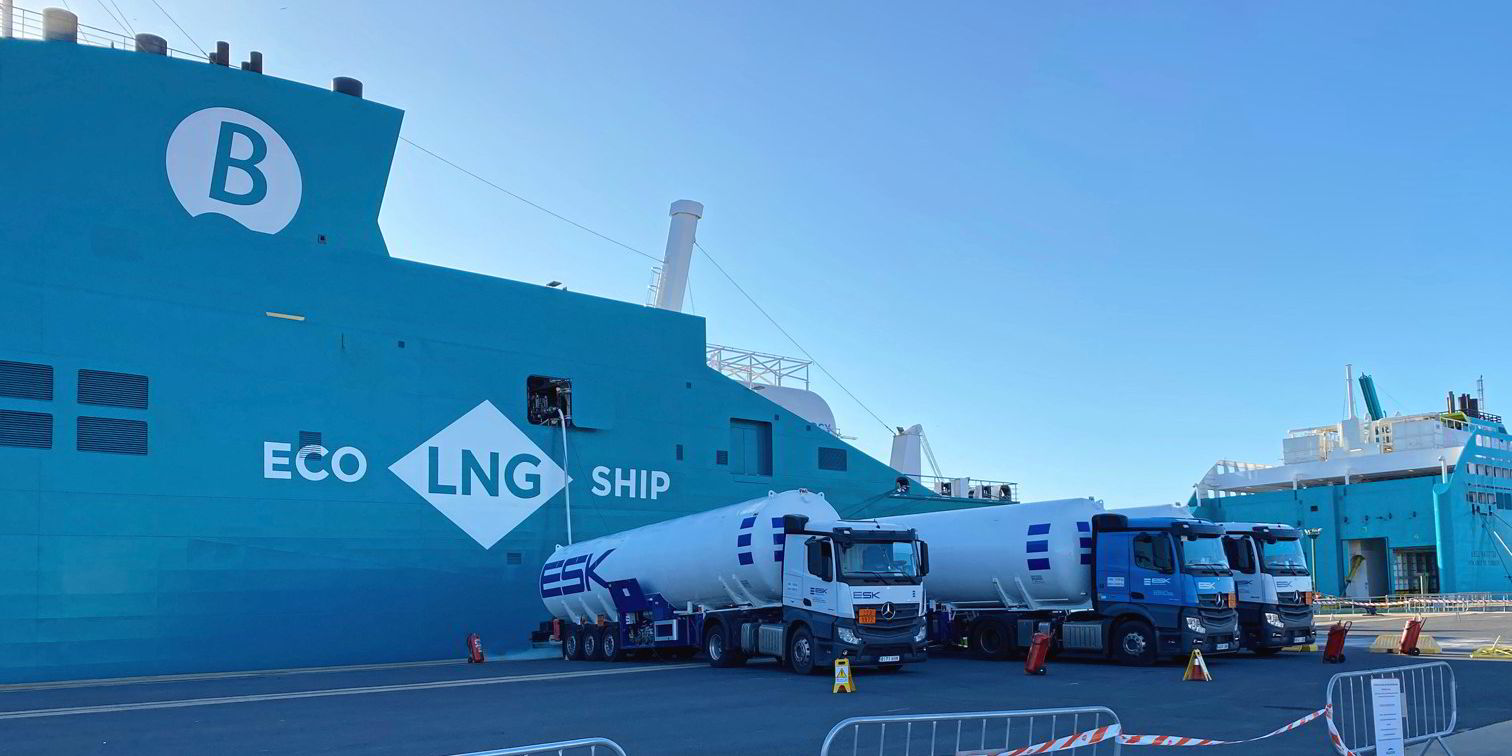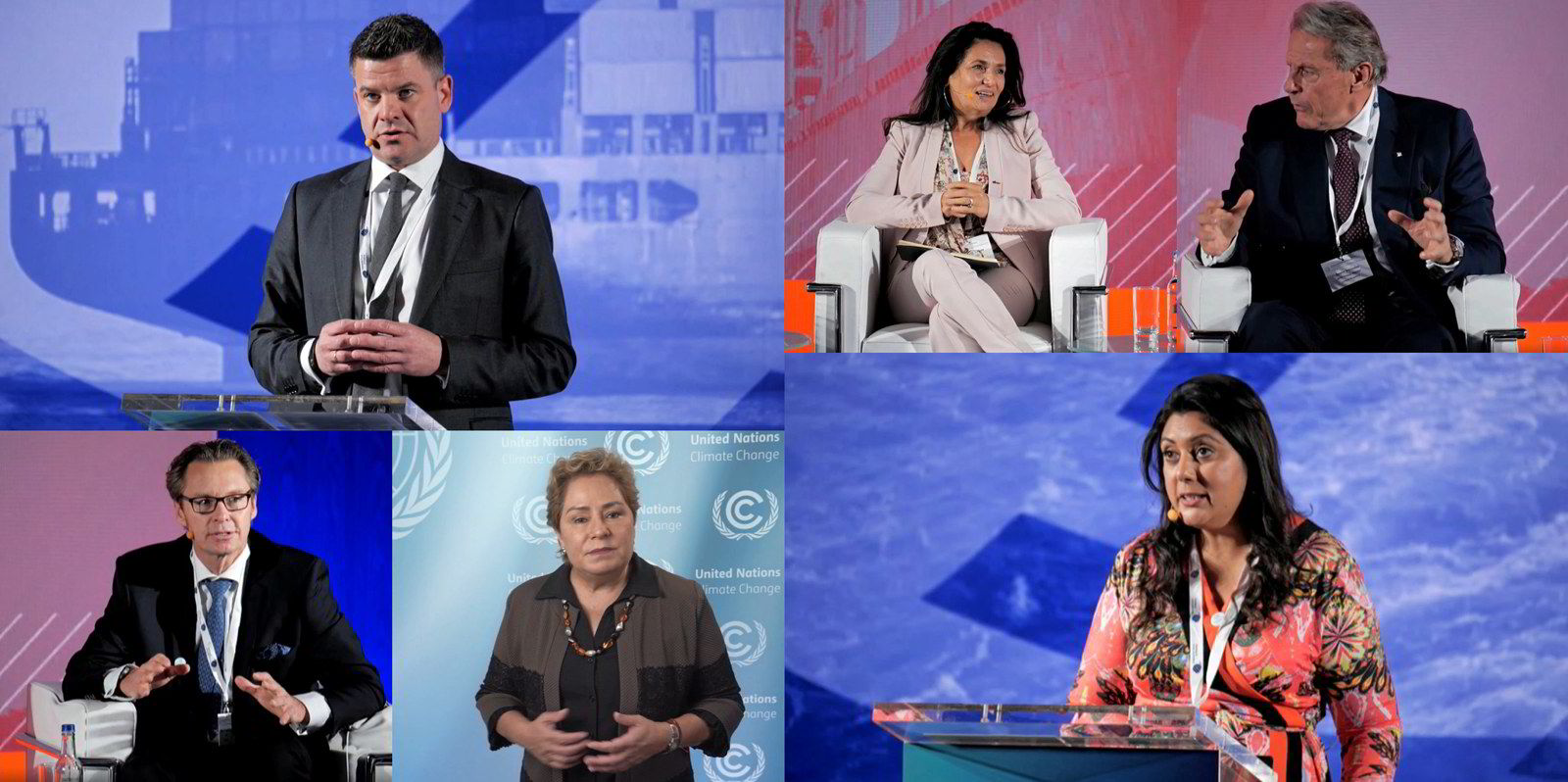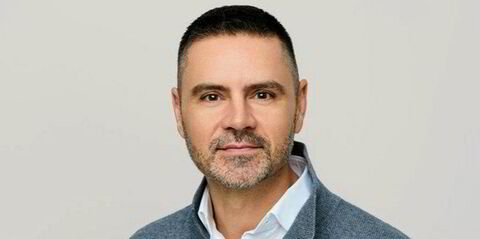As officials and shipping industry stakeholders converged on Saturday in Glasgow ahead of the key transportation discussion during the COP26 climate conference, the urgency to act to set shipping on a course to decarbonise by 2050 was highlighted.
But some key differences also bubbled to the surface over whether it is the market or regulatory rules that will be most effective in pushing the industry toward net zero at the pace that is needed to meet the goal.
Patricia Espinosa, executive secretary of the United Nations Framework Convention on Climate Change, cited projections that shipping's carbon emissions could surge by 50% to 200% by 2050, without action.
"That is a trend that is going in the wrong direction," she told the Shaping the Future of Shipping conference in a pre-recorded presentation. "Reversing this course will require an extraordinary commitment to change."
She said that if shipping is to align with the goals of the Paris Agreement, the industry will need to take extraordinary efforts to improve its carbon efficiency by 90%.
The conference was hosted by the International Chamber of Shipping as the COP26 conference geared up for transportation discussions on Wednesday.
The shipowner's group has been keen to ensure the International Maritime Organization remain the central source of regulation on shipping's decarbonisation, and it has urged the UN body to adopt a $5bn research development fund this year followed by market-based measures focused on a carbon levy.

"The market is the most effective tool we have. That is why we need a global price on carbon," said ICS vice chair for Norway Lasse Kristoffersen, who stood in at the event for Esben Poulsson after the executive chairman tested positive for Covid-19 and could not travel.
Kristoffersen also highlighted the need for training shipping's workforce, both at sea and on shore, so that new fuels can be handled safely.
"People's lives are at stake," he said.
Call for regulation
Not all of the shipping industry stakeholders at the event were keen to leave solutions up to the market.
Svein Steimler, the president and chief executive of NYK Group Europe who represented the Japanese Shipowners Association, said he disagreed with the notion that politicians cannot solve shipping's decarbonisation riddle.
"I love rules," he said. "The industry loves rules. Come out with the rules and we will comply. You politicians you need to get your act together and tell us what to do."
He said the development of common rules will accelerate that of alternative fuels.
Vassilios Demetriades, Cyprus' deputy minister for shipping, urged what he described as an "extroverted approach" to decarbonising shipping — one in which industry and regulators work together.
He called for communication of the challenges ahead, given the amount of time it will take to develop alternative fuels, and said it is important to bridge the gap between officials focused on climate change and those with a deeper understanding of shipping.
"We need to strike a balance between ambition and being pragmatic and realistic," he said.
Several shipowners and operators defended the use of LNG as a transitional fuel on the path towards globalisation.
They stressed that it is a fuel that can be used now, while it will still take time to develop lower-carbon alternatives.
LNG is only the beginning of the story. It is certainly not the end, but it is a bridge
Christine Cabau Woehrel, chief executive of CMA Ships head of fleets and assets at CMA CGM
The conference comes at a time when methane, the key ingredient in LNG, is coming under increased scrutiny in the climate-change debate.
During COP26, the US and European Union led a pledge to cut methane emissions by 30% by 2030, relative to levels of a decade earlier.
"LNG is only the beginning of the story. It is certainly not the end, but it is a bridge. It is a transition," said Christine Cabau Woehrel, chief executive of CMA Ships and head of fleets and assets at CMA CGM.
The French liner operator has been operating LNG-fuelled vessels for three years, she noted.
"We know that it is a transition because our ships capable of burning LNG today are also capable of burning biomethane and e-methane," Woehrel said.

Rolf Habben Jansen, the chief executive of German liner operator Hapag-Lloyd, said that ships need to be built in a way that can use different kinds of fuel because synthetic and biofuels are not yet available at scale.
"It is also important to do things today, not only in the future," he said.





